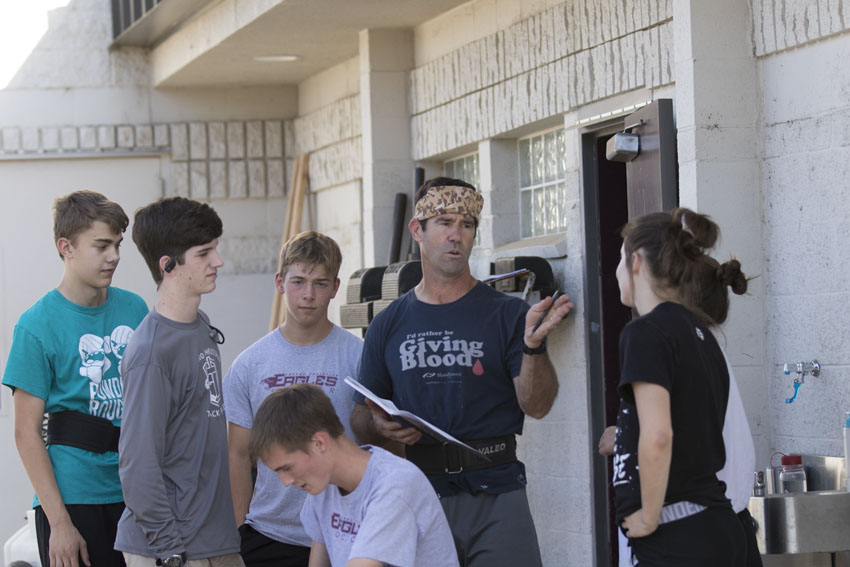Idolizing celebrities often causes skewed ideas of reality

Scrolling through Instagram once again, the young girl clicks off her phone, tired of seeing the images of flawless skin, thin bodies, and trendy aesthetics, but longing to act like them. Wincing at the image, she sees in the reflection of her blank screen. She sighs while rising to start her skin care routine, ignoring the hunger pangs.
As young people fix their eyes on celebrities, often the focus of mainstream media, many teens begin to develop a warped view of role models. Although certain celebrities possess valuable qualities, their social status alone, does not qualify them as a role model.
While many celebrities fight for worthy causes or support charities, they often fabricate their lives to appeal to teens online. In reality, these stars keep imperfect situations out of their posts. Kids start associating mainstream society’s idolization of wealth, popularity and beauty with happiness. According to a study done by Aol.com and Today, 80 percent of teen girls compare themselves to celebrity images.
Teens aim to achieve a life based on what they view in the media, which is often exaggerated to gain attention. Celebrities are viewed as “ethereal” despite their human faults. When celebrities are idolized or observed as perfect, teens may take drastic measures to imitate them.
On the other hand, mainstream media can exacerbate mistakes that celebrities make, usually giving them more attention. This encourages children to act out in order for attention, regardless of the reason.
Role models should be people that somebody can look up to and form a personal connection with. Mentors make an impact by people sharing their struggles and faults and how they overcame them. These people show respect and love for others, while exemplifying qualities people admire.

Due to society’s beauty standard, a warped body image and self esteem often plagues teens who see only one type of body on the internet. Without intending to, celebrities play into a culture that glorifies thin people or a perceived perfection, causing kids to become dissatisfied with their own bodies. This creates a challenge with eating disorders, loss of mental stability and teen confidence.
According to US News, youth should choose a role model based on their values and morals. Many celebrities are generous, kind, and can be looked up to. Yet, too often, they are role models solely because of their fame.
Rather than looking to those in the public eye, students should first seek out people in their community to admire. Graphic designer Paula Scher emphasizes this point.
“We can pick our teachers and we can pick our friends and we can pick the books we read and the music we listen to and the movies we see, et cetera,” Scher said. “You are the mashup of what you let into your life.”
How do you feel about celebrities as role models? Do you have a role model? How do you learn from them? Sound off in the comments below.
For another editorial, read Year-end choices still affect college future. For more articles, read Student of the month: Deborah Ingerson or Football kicks of year with 24-0 victory.









Silva Emerian • Aug 29, 2019 at 4:05 pm
“Rather than looking to those in the public eye, students should first seek out people in their community to admire.” This is so true, and especially true of many of the teachers and administrators at FCS!